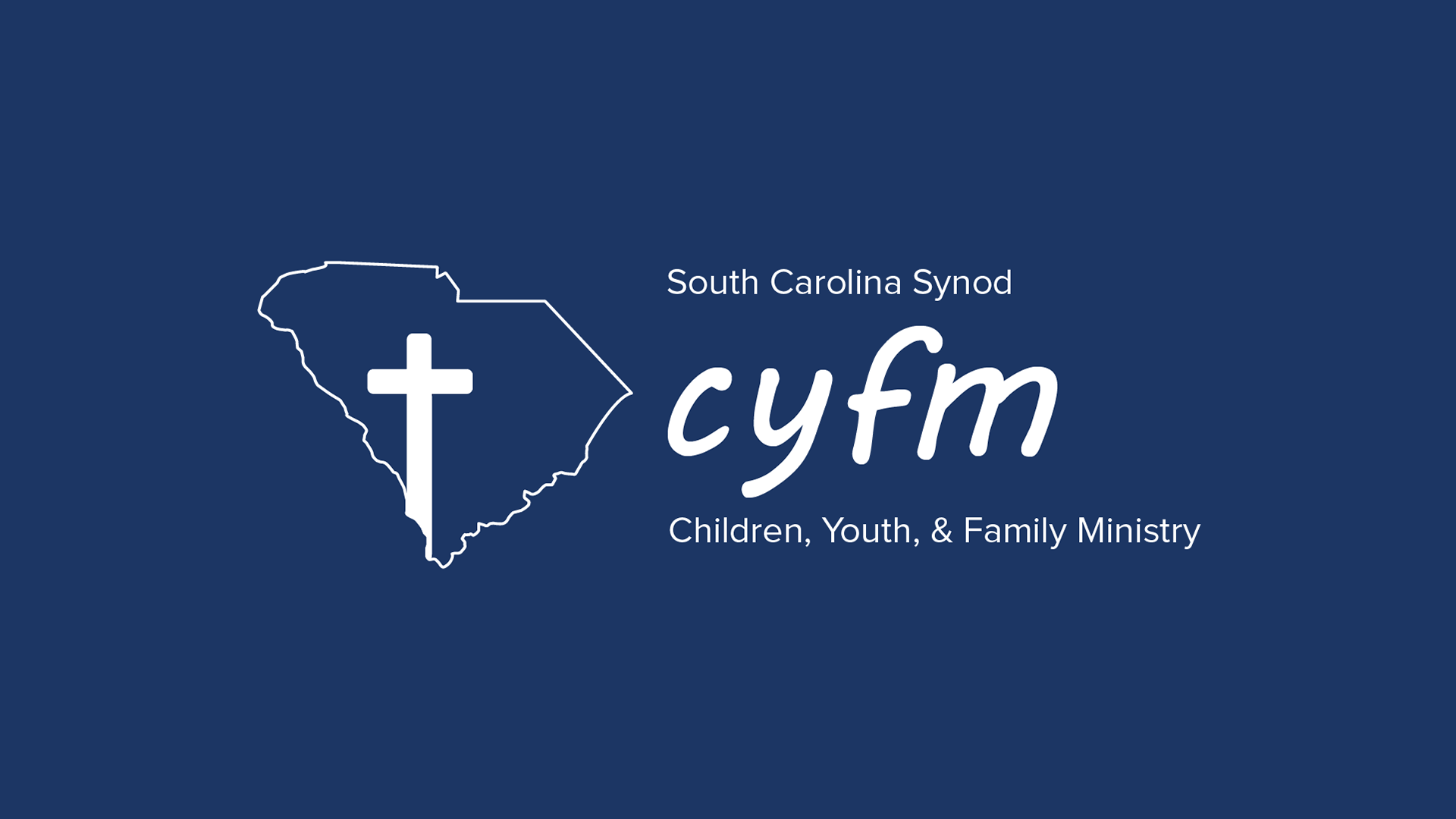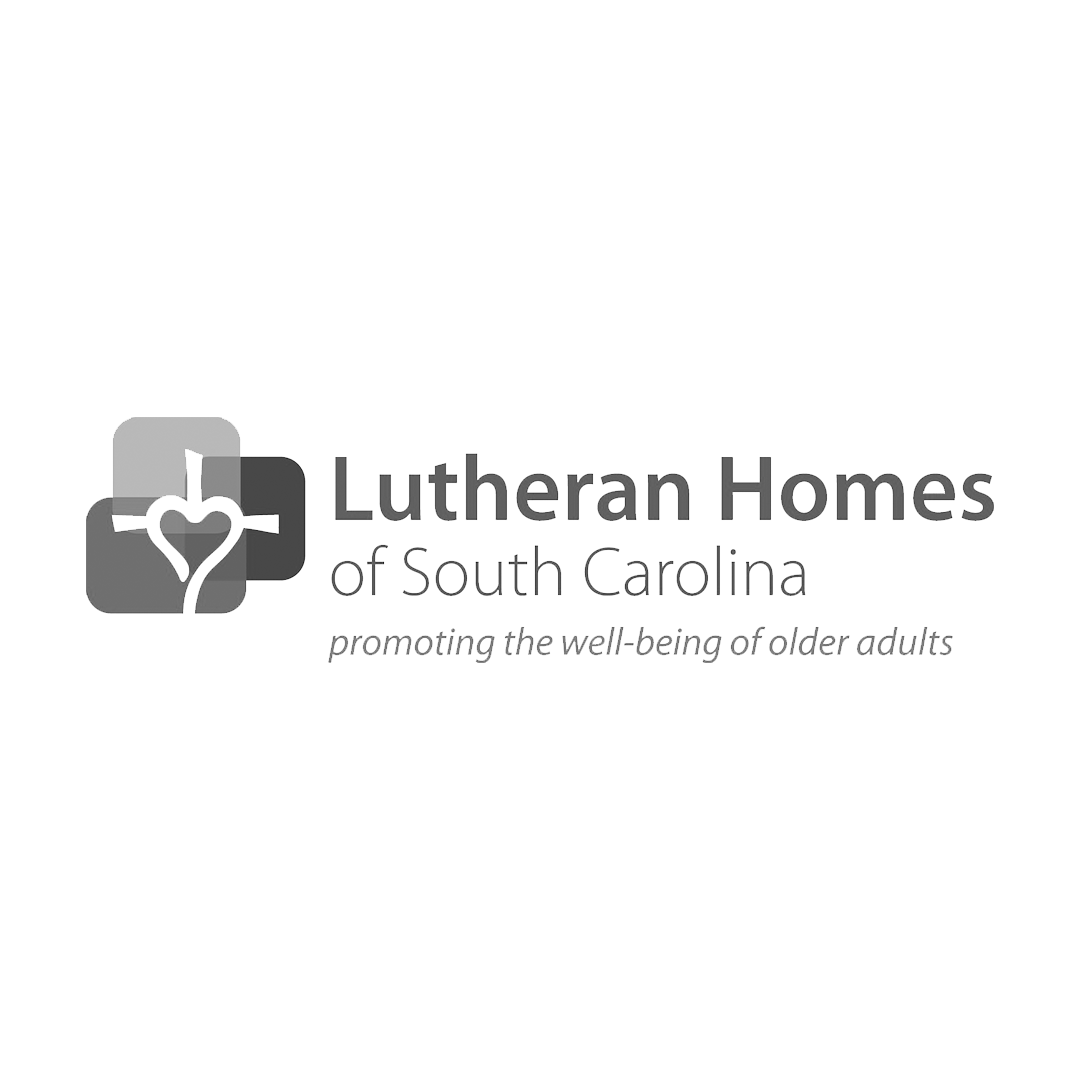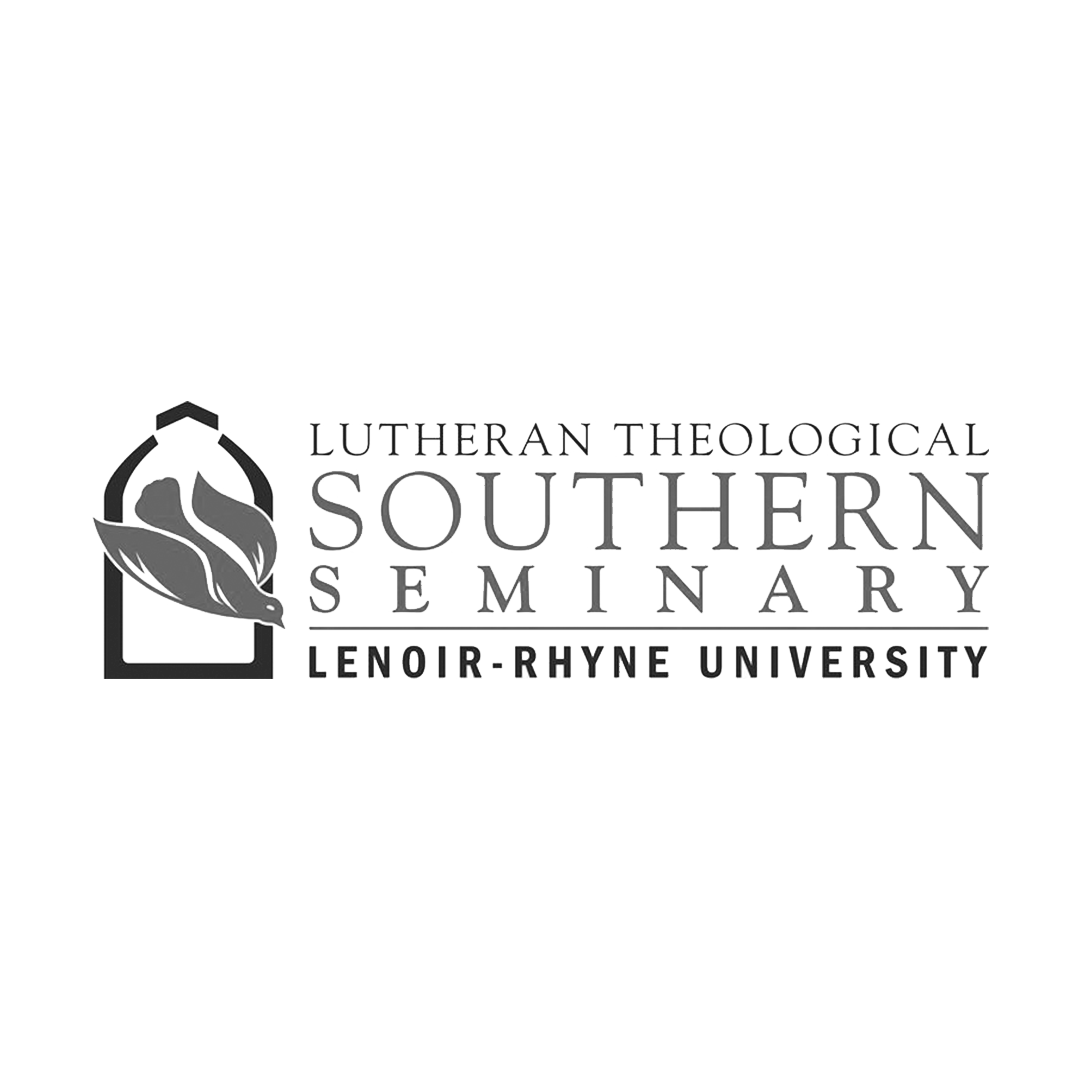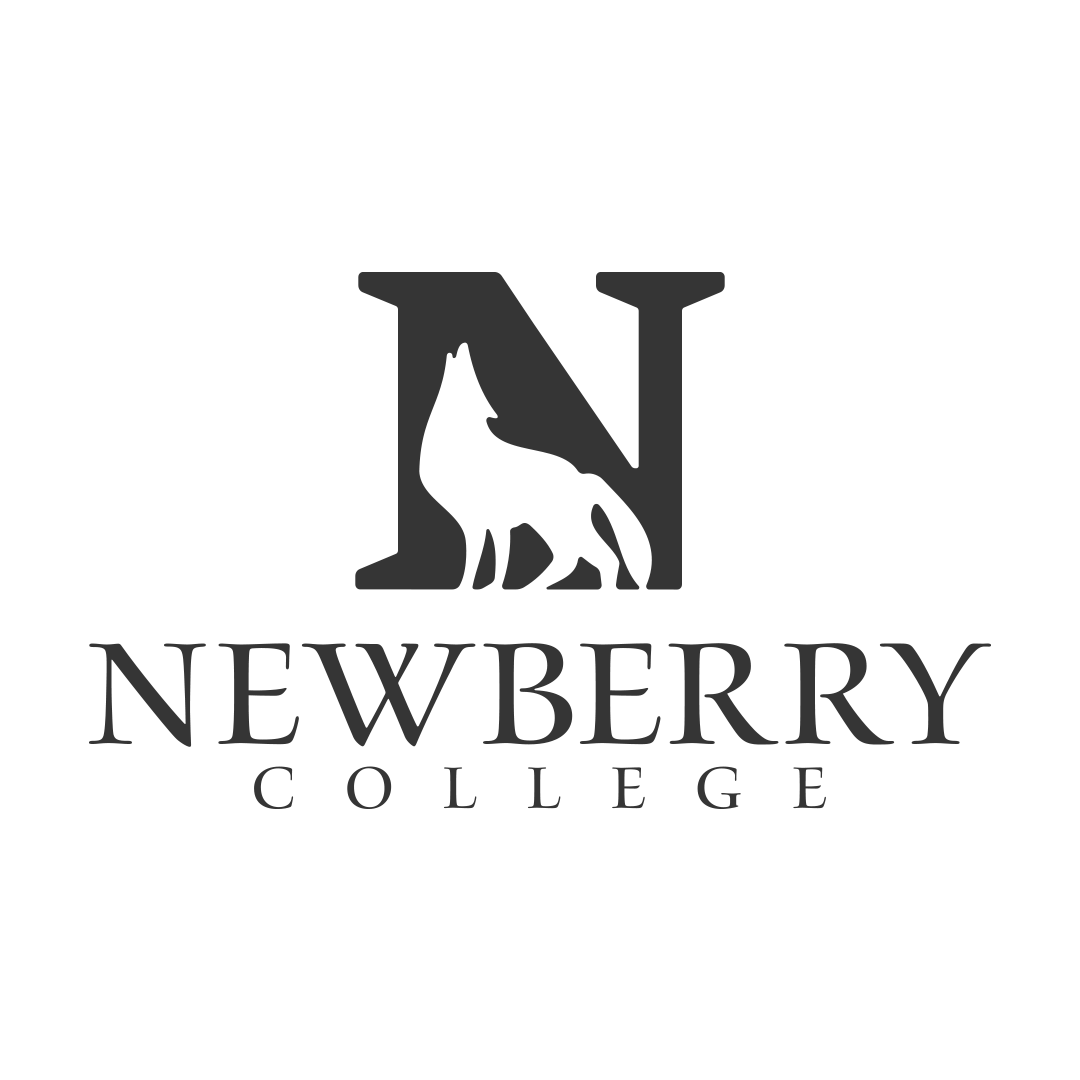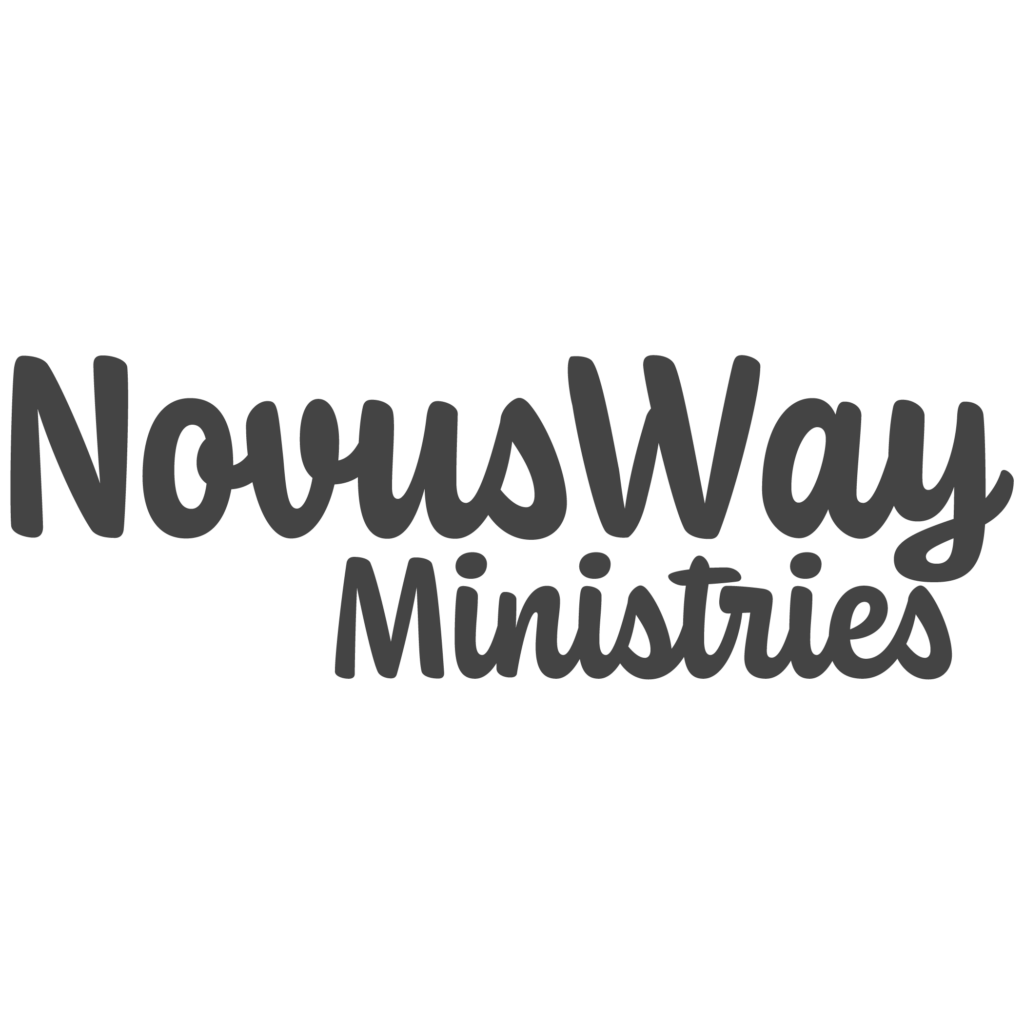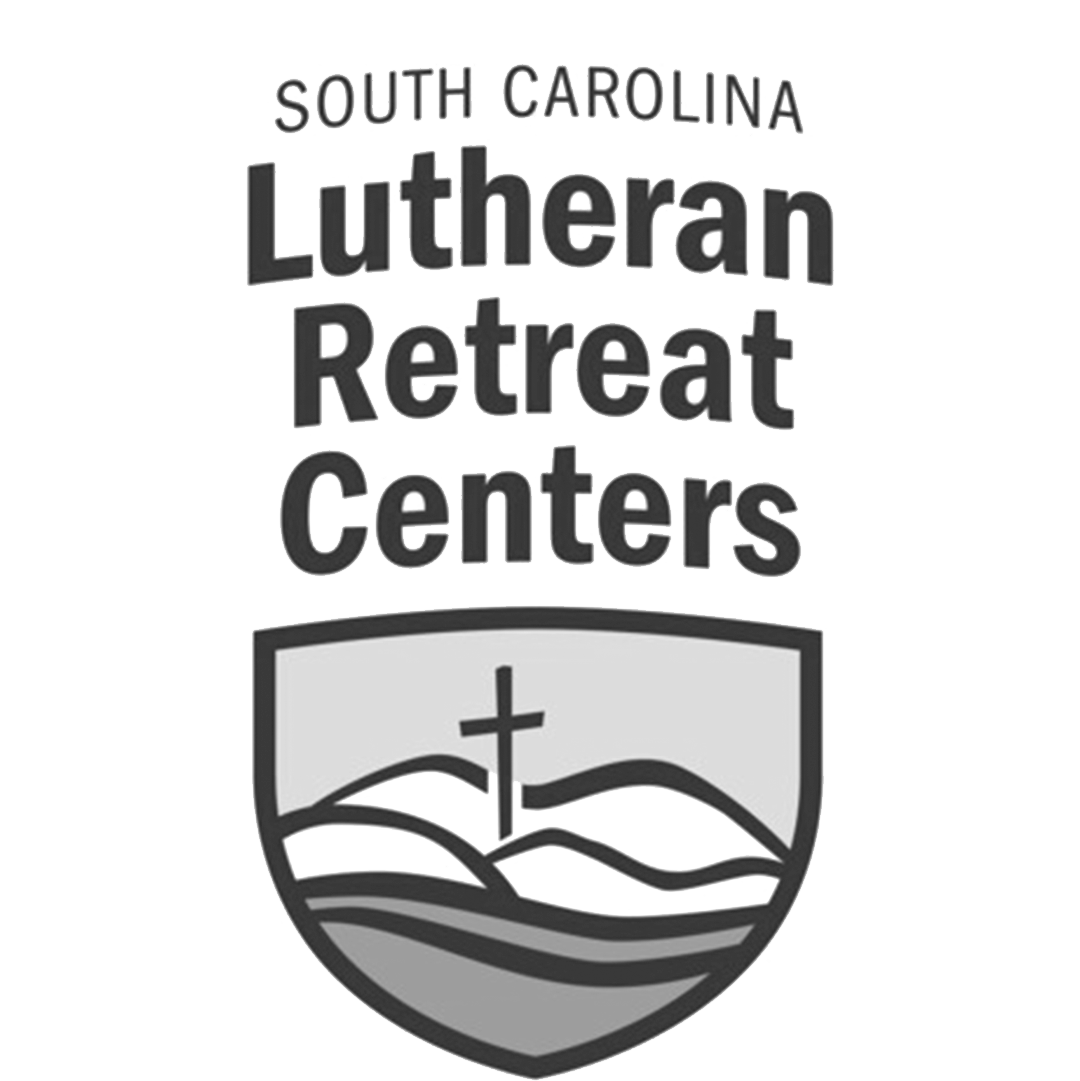On Saturday, February 10, 2024, the SC Synod Inclusive Network sponsored a Civil Rights tour of downtown Columbia, in part to commemorate Black History month.
The morning tour group included approximately 30 Lutherans and several Episcopalians. It began at the South Carolina State House African American monument, where a tour guide from the University of South Carolina Center For Civil Rights History and Research led our Synod group on the Civil Rights journey. Beginning at the monument was most fitting. We learned there about the contributions made from the enslaved African American people to the freed African American people, in such areas as science, education, economic and government. The monument is an uplifting story of how the African American people have positively impacted the history of this state and nation from times of enslavement to the present day.
Once the Civil Rights walking tour departed from the State House, we began our travels up Main Street to see a number of permanent display markers that point out significant events that occurred during the Civil Rights movement in South Carolina. These markers are a part of an educational platform called: “Columbia, SC 63: Our Story Matters”. During the tour we learned that Black South Carolinians led the way to ensure that all people were to be treated equally and fairly. For example, these South Carolinians took part in events such as public diner sit-ins that were held to achieve the right to sit at the table of a diner or restaurant to enjoy a meal. Along the tour, we saw where these civil rights workers worked not only to be treated equally in areas of public accommodation, but also education, voting rights and employment.
One of the tour stops was a display telling the story of civil rights protesters. The plaque states: “On March 2, 1961, 187 protestors were arrested following a planned demonstration on the SC State House grounds. A lawsuit filed on their behalf – Edwards v. South Carolina – reached the United States Supreme Court. On February 25, 1963, the court ruled that the 14th amendment forbids a state “to make criminal the peaceful expression of unpopular views,” and opened the door to continued demonstrations nationwide. This is only one of several examples of how South Carolinians made major contributions to promote justice and equity throughout our great nation.
During the walking tour we also visited a mural depicting black life in Columbia, SC during the Jim Crow era. The tour ended at the Columbia Museum of Art where that organization and the University of South Carolina Center for Civil Rights History and Research opened the Our Story Matters Gallery. This exhibit is free and open to the public for a limited time until 2025. More information is available at the Columbia Museum of Art website: Our Story Matters Gallery | Columbia Museum of Art.
The SC Synod Inclusive Network hopes that you will take the opportunity to learn more about how South Carolinians have made major contributions to the Civil Rights Movement and how their work has positively impacted our society. Take the opportunity to visit Columbia to explore a self-guided tour of the display markers or book a tour by visiting www. Columbiasc63.com. Biblical scripture teaches often about the importance of promoting justice and loving our neighbor. Jesus commands us to do love one another as God loves us. Understanding our civil rights history helps us to recognize that continued work needs to be done as we faithfully seek to fulfil Jesus’s important command.
If you’d like to get involved with the Inclusiveness Network, please reach out to Pastor Emily Hartmann, emily@scsynod.com, or Pastor Bruce Kreutzer, pastorbrucekreutzer@gmail.com.





